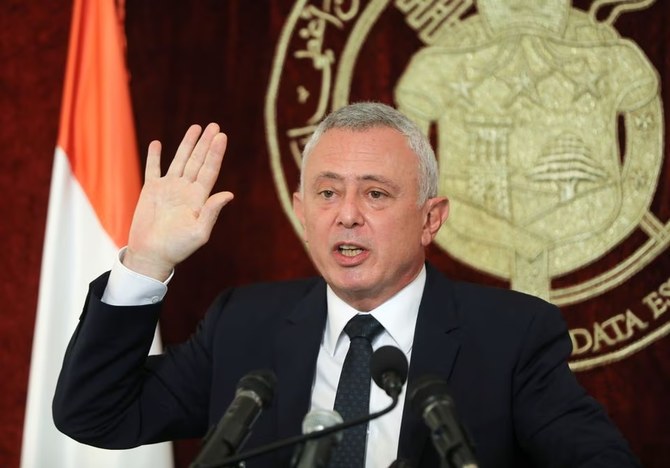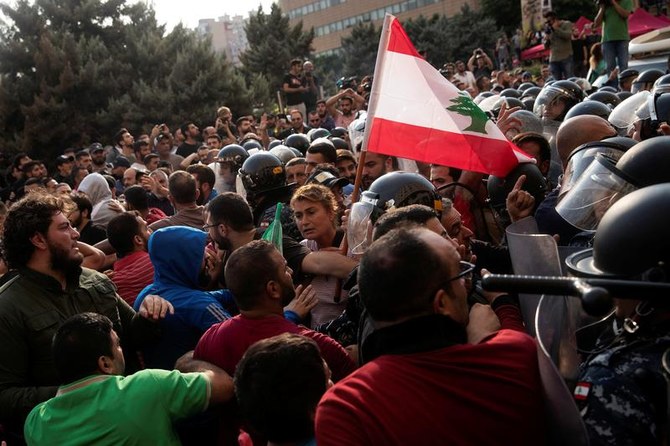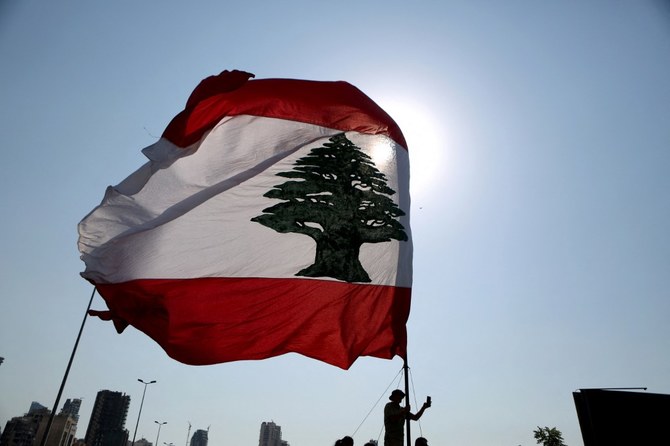
Thirty years ago today, at 9:01 a.m., a powerful car bomb exploded in front of 33 Rue Marbeuf in Paris targeting the offices of Al-Watan Al-Arabi, the magazine my late father Walid Abou Zahr had founded. The explosion killed Nelly Guillerme, a 30-year-old pregnant woman, and injured 63. The 22-kg bomb in an orange Opel wreaked mayhem in the streets of Paris in what was an unprecedented attack against a media outlet in France.
Al-Watan Al-Arabi was well known for its “insolence” to the established order and its opposition to the Syrian regime. Indeed, a few years before, the offices of my father’s newspaper Al-Moharrer in Beirut were attacked by Syrian-controlled Palestinian militias with heavy weapons. The opposition to the Syrian regime had two reasons: First and foremost, its intervention in and occupation of Lebanon; later, and second, its alignment with Iran against Iraq during the Iraq-Iran War that started in 1980.
Throughout the years, there has been speculation on the reasons behind and the parties responsible for the Rue Marbeuf attack. In 2011, the Venezuelan terrorist Carlos the Jackal was convicted of planning attack toliberate two members of his group who were incarcerated in France, and he was sentenced to life imprisonment.
Al-Watan Al-Arabi had already been targeted in December 1981. A parcel bomb was placed in front of the door, but it was defused in time. Several other assassination attempts against my father had also failed. But Carlos’s trial focused on the Rue Marbeuf attack, while overlooking his obedience to Syrian Air Force Intelligence. Al-Watan Al-Arabi, one of the largest advertising-generating media outlets at the time with a quarter-million distribution, had become too dangerous and too powerful for the Syrian regime, and thus had to be silenced.
The first call my father received condemning the attack was from Prince Salman bin Abdulaziz, then the governor of Riyadh Province and now king of Saudi Arabia. At the time, there was no particular strong bond between Al-Watan Al-Arabi and Saudi Arabia, but the phone call was testimony to the understanding the Kingdom had of the situation and the importance of Lebanon in the region.
Looking back at all the facts and the situation at that time, everything indicates that the attack was about Lebanon and not about the Iraq-Iran War. Despite being framed that way by analysts, it was an early warning of things to come. This attack against a Lebanese independent media outlet should therefore be placed on the same line as the assassination of President Bashir Gemayel later that same year and the potential for an end to the civil war and peace.
After 30 years and so many more attacks against Lebanese free-thinkers, I cannot help but ask what has changed in Lebanon. To this day, every single voice or leader dreaming of sovereignty, freedom and independence — and, most important, capable of unifying the Lebanese people — is condemned and threatened with violence and erasure. Erosion has three forms: Corruption, exile and death. There is no other option. How many free voices have been stamped out in the past 30 years? All of them. How many more will it take to reach a free and independent state?
Today, the Syrian occupation of Lebanon, which ended after the assassination of Rafik Hariri, has been replaced by Hezbollah. After 30 years, Lebanon is still being punished for its diversity. Iranian-sponsored Hezbollah controls the state and consistently and methodically erodes it, isolating the country from its regional neighbors.
Moreover, the true masterminds behind all these attacks are left unpunished. They walk at our funerals, and we are forced to accept their condolences. The Middle East’s changing geopolitical balances keep them protected, and it keeps rewarding evil, it seems. No need to go through these tectonic changes again; all we need to see is that the civil war that raged in 1982 has been replaced with a new war of starvation in 2022. Yet, we are not only victims but also accomplices in this situation that punishes us. We keep putting confession before state. Loyalty goes to confession, not the state; protection is asked from confession, not the state; and duties go to confession, not the state. Only grievances, complaints and shame go to the state.
We (the Lebanese people) are not only victims but also accomplices in this situation that punishes us.
Khaled Abou Zahr
And this is why I cannot help but think that Lebanon needs a new political system. More important, the Lebanese people should not (despite living under Iranian occupation) seek an outside savior to restore order and stability. If we look back in history, we will easily see that this has been tried, and it never worked.
I strongly believe federalism is the best solution, but this should be decided by the Lebanese people. The only certainty I now have is that for Lebanon to survive, it will have to give up its “insolence” and aim for neutrality with regard to Syria, Iran and Israel.
Khaled Abou Zahr is CEO of Eurabia, a media and tech company. He is also the editor of Al-Watan Al-Arabi.












